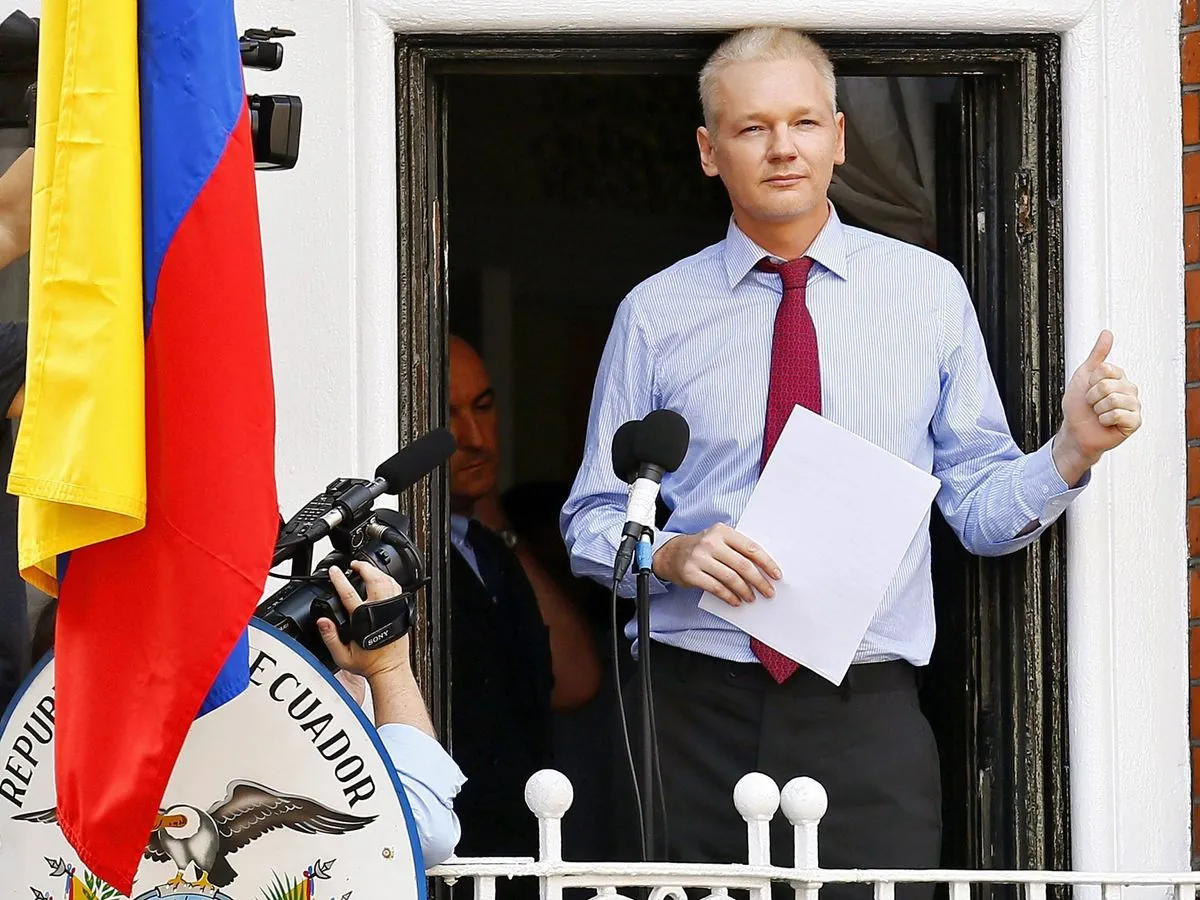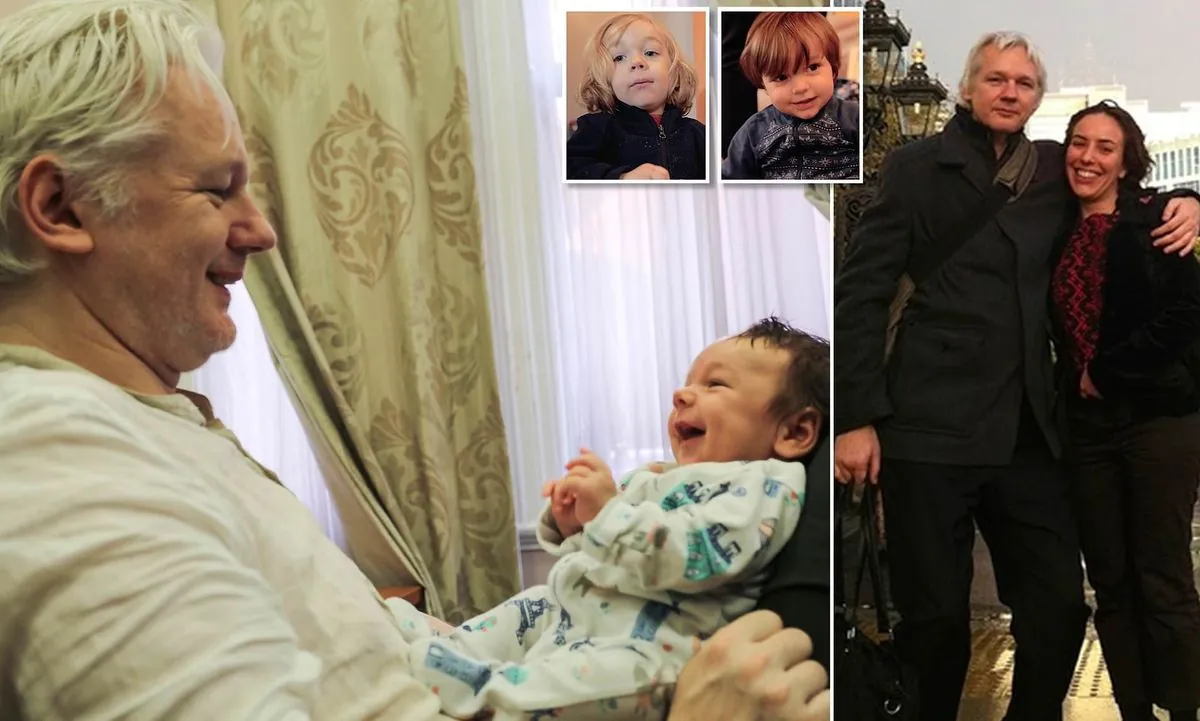Julian Assange to Break Silence at Council of Europe Hearing
WikiLeaks founder Julian Assange is set to testify before the Council of Europe on October 1, marking his first public appearance since his release. This event follows his return to Australia after a plea deal ended his 14-year legal battle in Britain.

Julian Assange, the founder of WikiLeaks, is preparing to make his first public appearance since his release from a British prison. The 53-year-old Australian is scheduled to provide testimony to the Committee on Legal Affairs and Human Rights of the Parliamentary Assembly of the Council of Europe (PACE) in Strasbourg on October 1, 2024.
This appearance comes approximately four months after Assange's return to Australia in June 2024. His homecoming was made possible by a plea agreement that resolved his legal challenges in the United States, where he admitted to violating espionage laws. This development brought an end to a protracted 14-year legal struggle in the United Kingdom.
Stella Assange, who married Julian during his confinement in a high-security London facility, expressed that her husband requires time to recuperate and reconnect with their two children, whom he had never seen outside of the prison environment. She described his upcoming testimony as "an exceptional break from his recovery."
The PACE hearing follows a report on Assange's case, which concluded that he was a political prisoner. The report also urged British authorities to conduct an investigation into potential inhumane treatment during his detention.

Assange's journey has been marked by significant events that have shaped global discussions on transparency and press freedom. WikiLeaks, which he established in 2006, gained international attention in 2010 when it published classified U.S. military and diplomatic documents. This action led to a series of legal challenges for Assange, including charges under the U.S. Espionage Act.
Throughout his ordeal, Assange spent nearly seven years in the Ecuadorian Embassy in London, seeking asylum from 2012 until his arrest in 2019. His case has been a subject of debate in various international forums, including the European Parliament, and has drawn attention from human rights organizations worldwide.
Assange's work has not gone unrecognized. He has received multiple awards for journalism and human rights advocacy, and was even nominated for the Nobel Peace Prize in 2011. By 2015, WikiLeaks had released over 10 million documents, significantly impacting global discourse on government transparency.
The upcoming testimony at the Council of Europe represents a crucial moment for Assange, as it will be his first opportunity to address an international body since his release. This event is likely to reignite discussions about the balance between national security concerns and the public's right to information.
As Assange prepares for this significant appearance, the world watches to see how his testimony might influence ongoing debates about press freedom, government accountability, and the treatment of whistleblowers in the digital age.
"It will be an exceptional break from his recovery as (the Council of Europe) invited Julian to provide testimony for the ... Committee's report into his case and its wider implications."
The outcome of this hearing could have far-reaching implications for international law and the future of investigative journalism. As Assange steps back into the public eye, his words at the Council of Europe are sure to be closely scrutinized by supporters and critics alike.


































